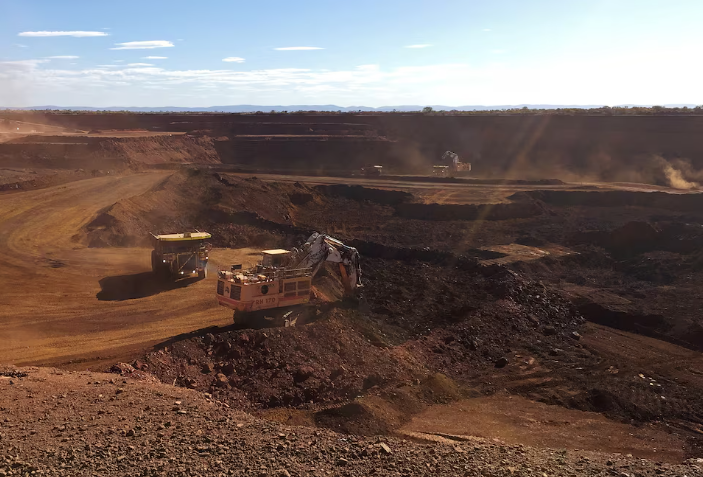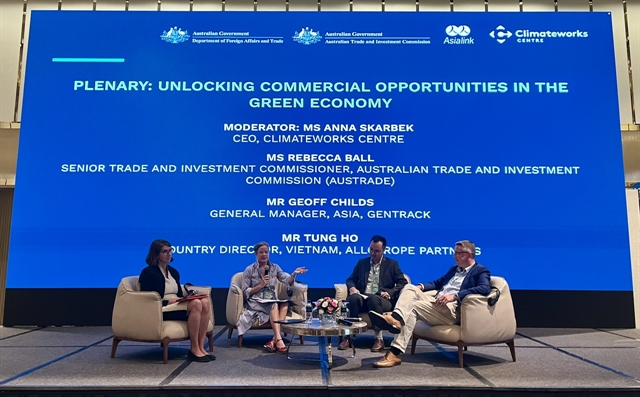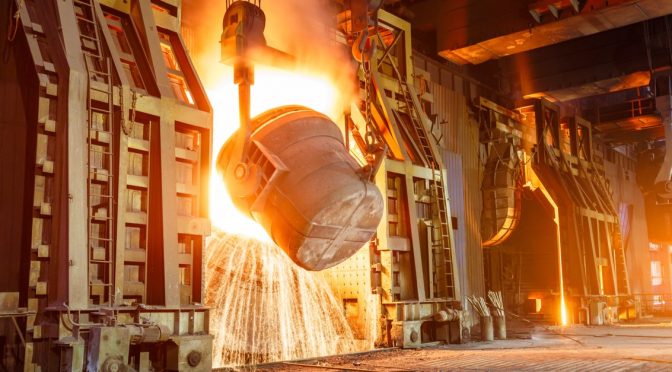
Following a lengthy campaign by activists, 58% of the votes opposed Woodside's climate transition plan in a demonstration of the growing unease over its strategy for curbing carbon emissions which critics say is unambitious and vague.
Goyder said he was disappointed by the plan's rejection but the board respected the result and would keep talking to shareholders about its strategy.
"The vote reflects the challenges and complexities of the energy transition, and today's outcome is one we take very seriously," he said.
Opposition has grown since a vote two years ago, when 49% were against the climate plan, also in a non-binding vote.
A related campaign to block Goyder's re-election and hold him accountable for the plan failed to unseat him but cut his margin of victory down to 83.4%, from the 99.2% support he secured in 2021, in a rare rebuke for an Australian company chairman.
A vocal and public campaign against the plan and Goyder won support from major pension funds in the U.S., Norway and Australia along with proxy advisor Glass Lewis.
The acrimony spilled over into a four-hour long meeting. In one testy exchange, Goyder said the company wanted to invest more in new energy projects but customers were not willing to pay for higher-priced products.
"We cannot and won't be turning on a dime on this and nor should you or anyone else expect us to do that," he said.
Activists want Woodside to shelve major new oil and gas projects and oppose its reliance on carbon credits to help meet its targets.
"It would be belligerent for Woodside to front up to shareholders next year with the same old approach," said Harriet Kater, head of impact at the Australasian Centre for Corporate Responsibility (ACCR), which led the campaign against Goyder and the climate plan.
Woodside has a $20 billion plus portfolio of new projects in various stages of development and is targeting net zero by 2050 for Scope 1 and 2 emissions, which refer to those produced directly or indirectly by its operations.
Goyder said he had personally held 83 meetings about climate change with investors since last year and despite the public campaign against the company, there had been no high profile divestments.
"I'd like to state very clearly that we are committed to conducting our business sustainably. This means responding to climate change," he said.







